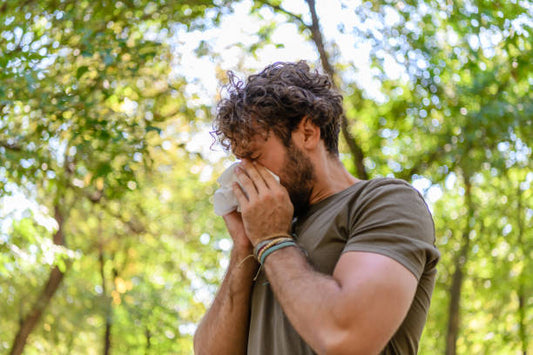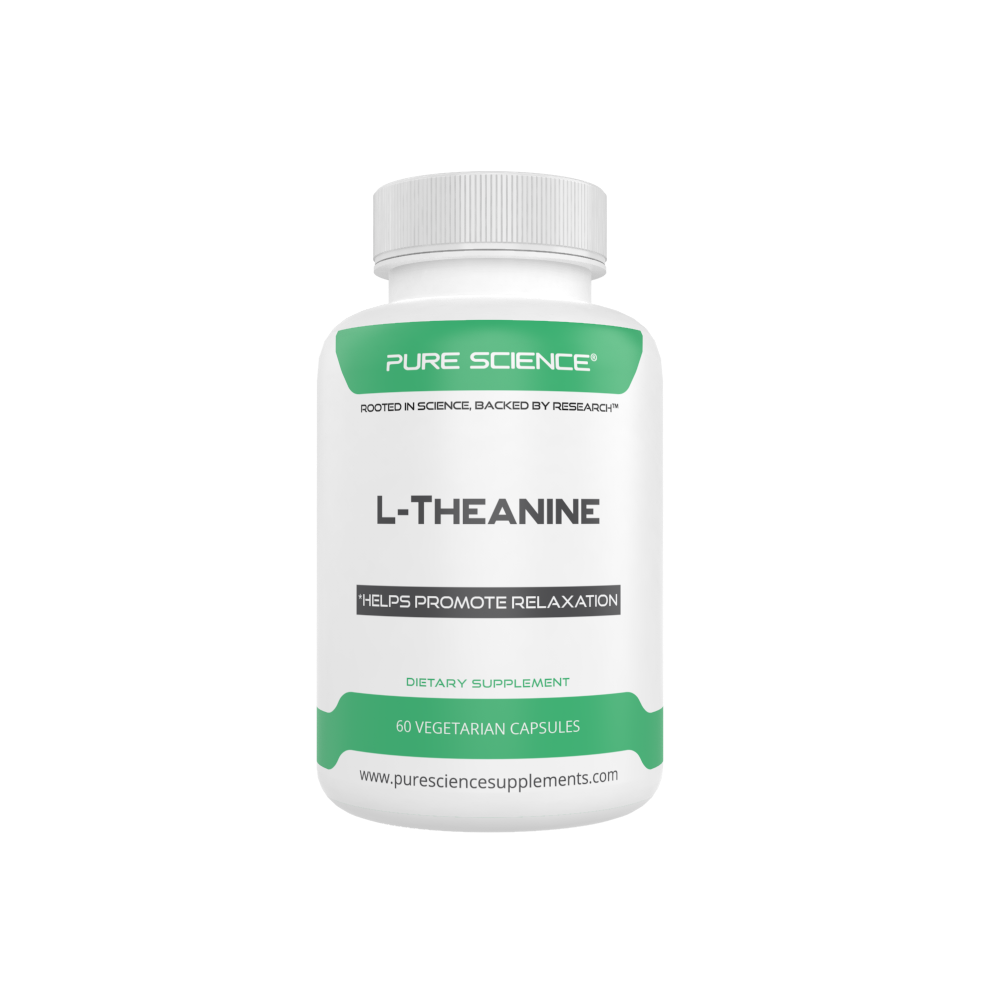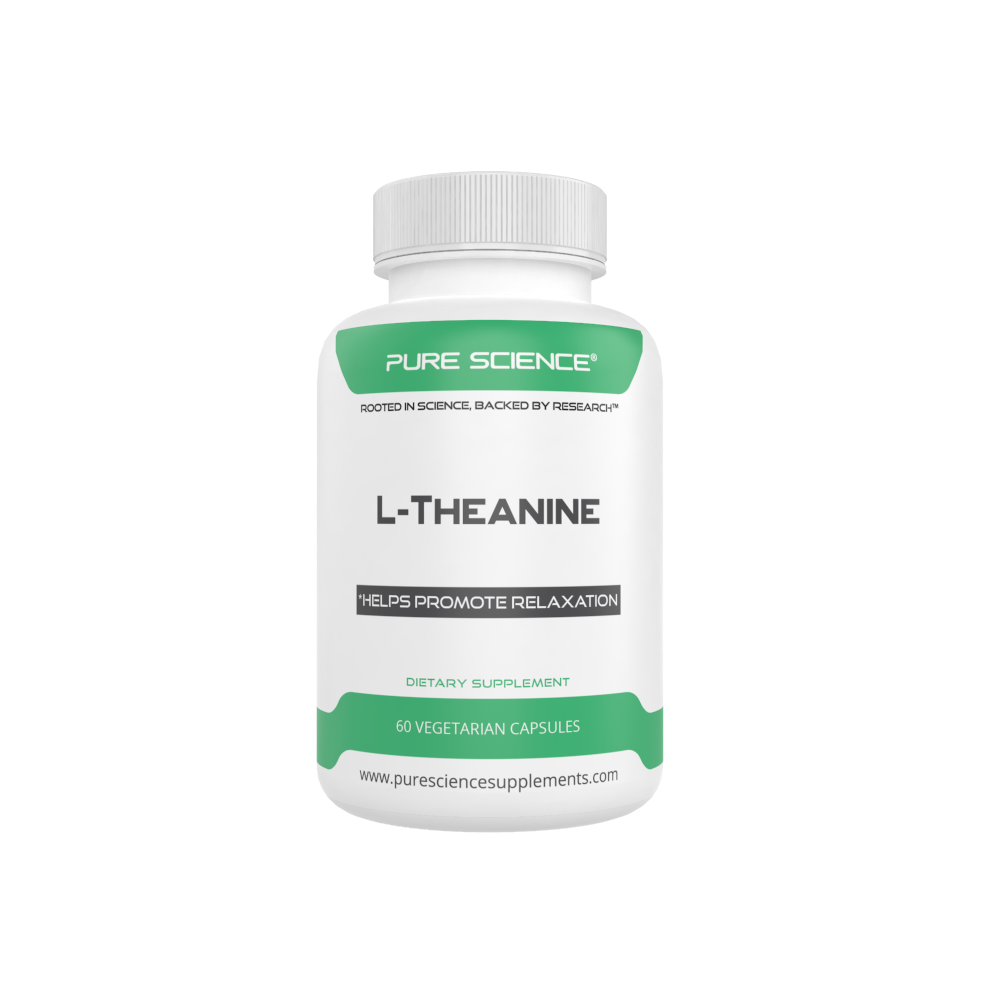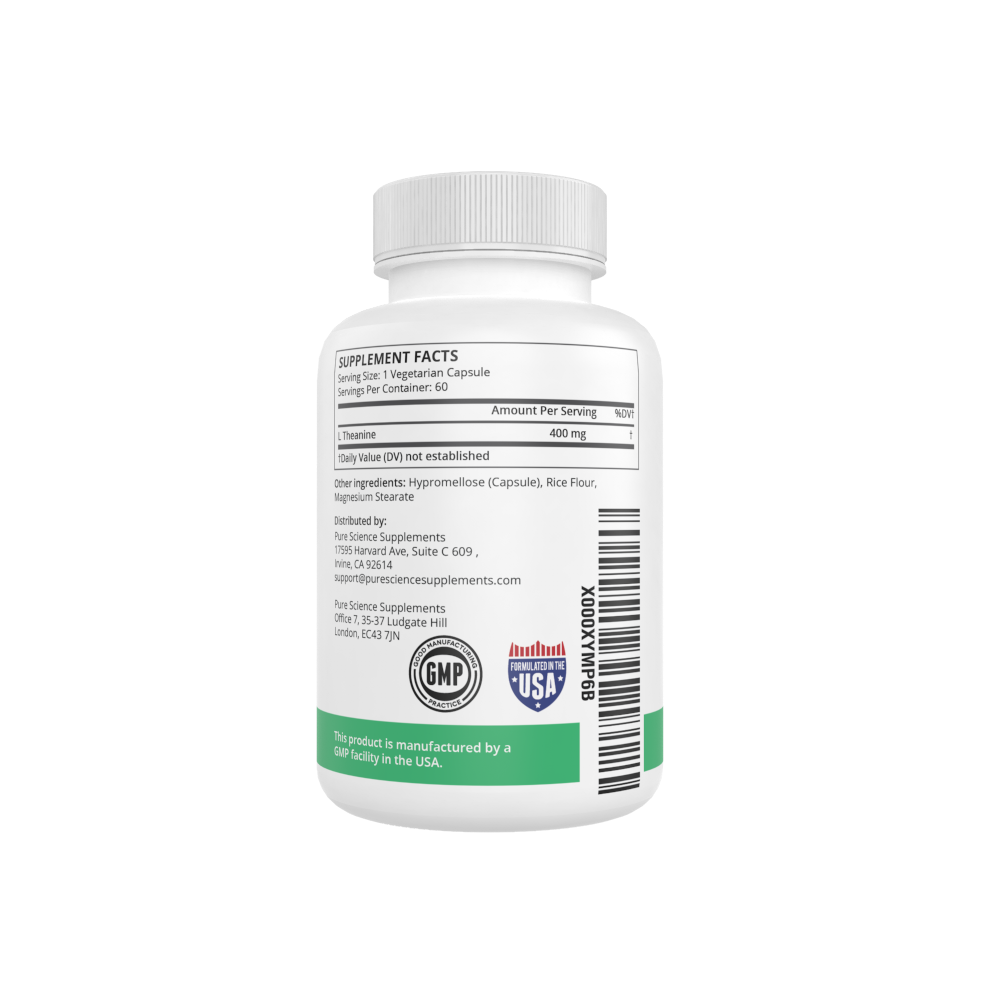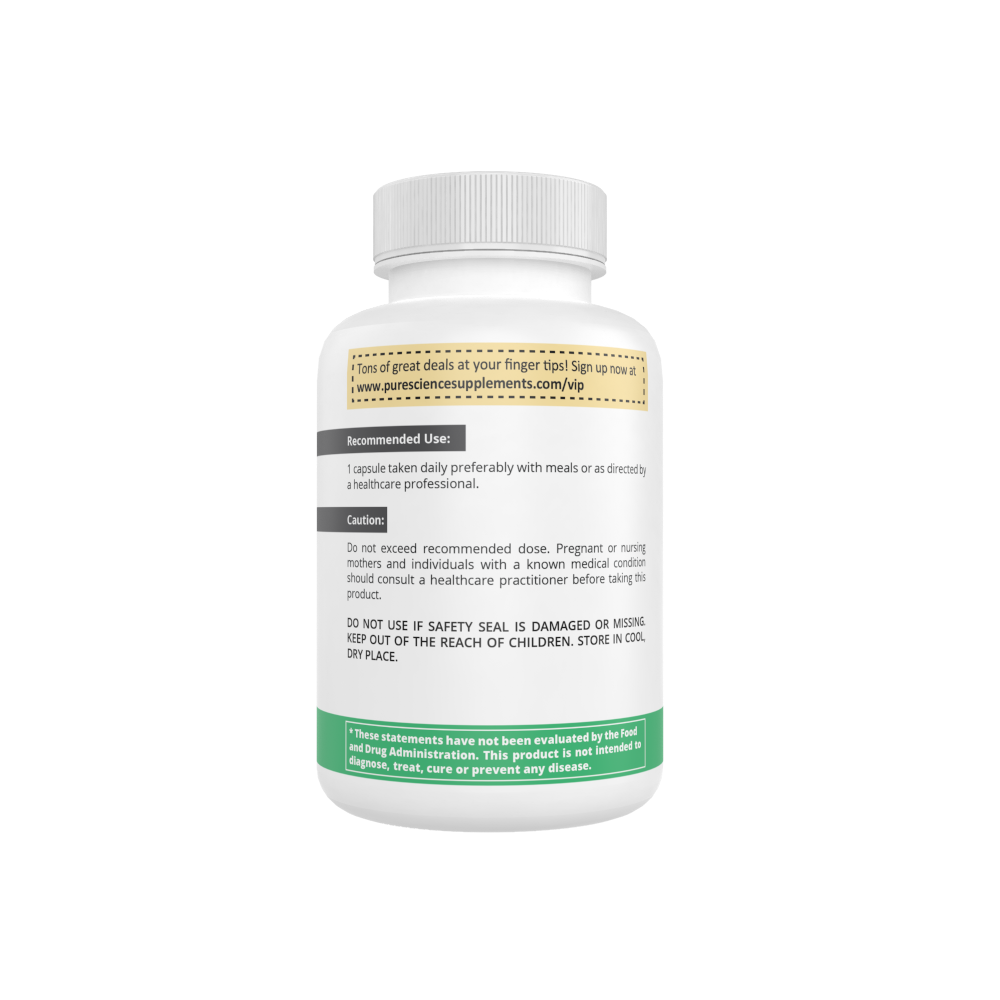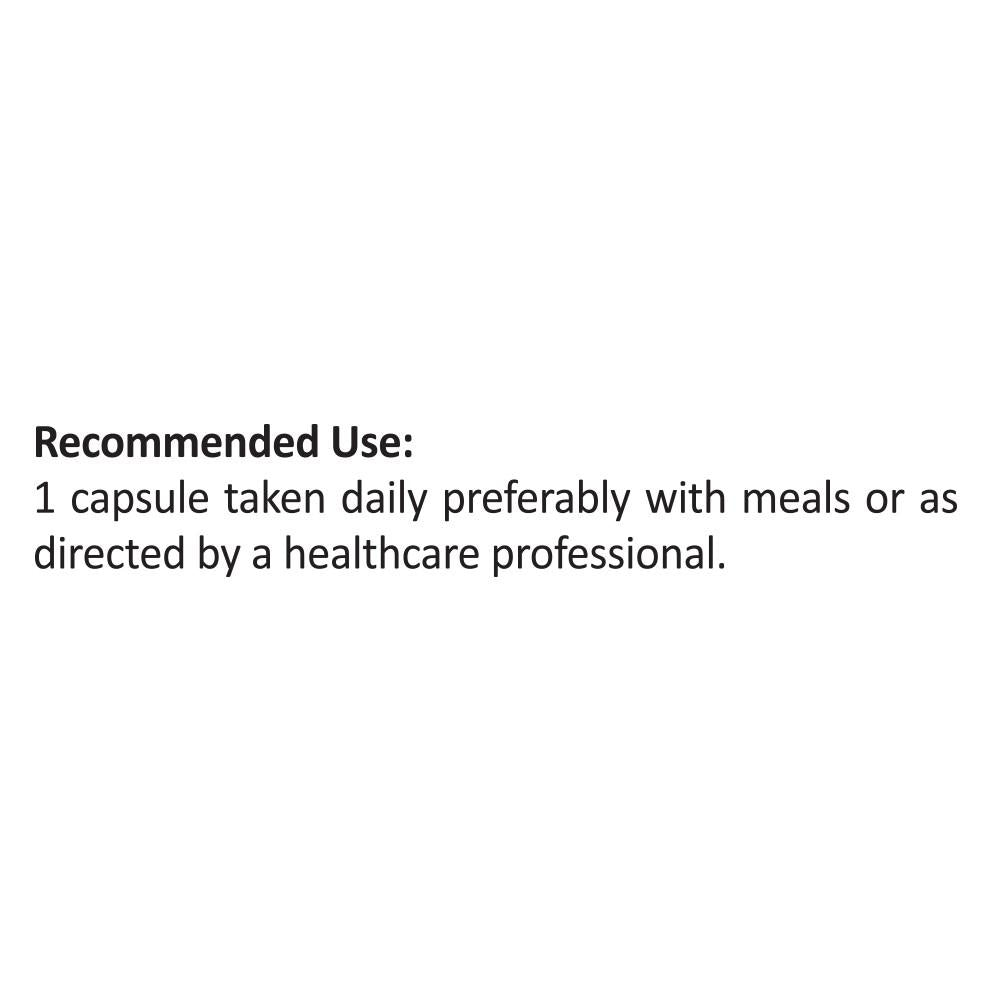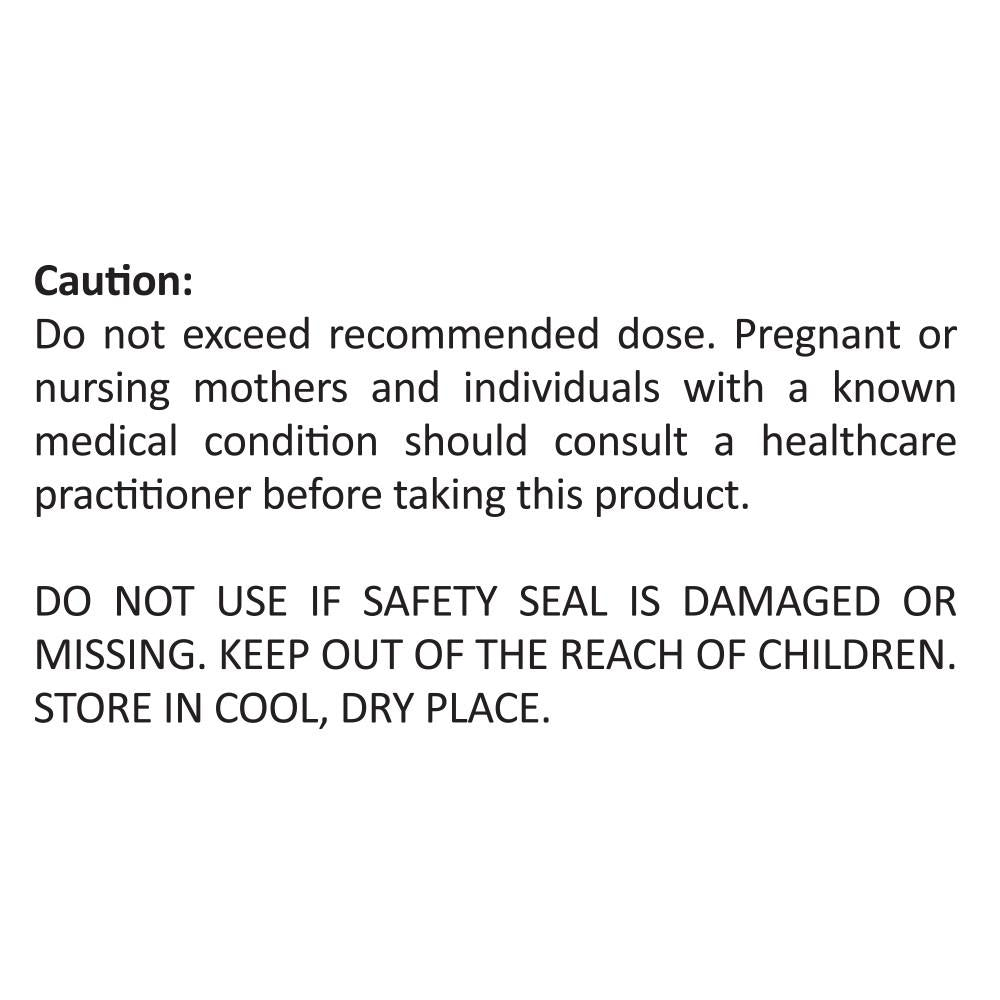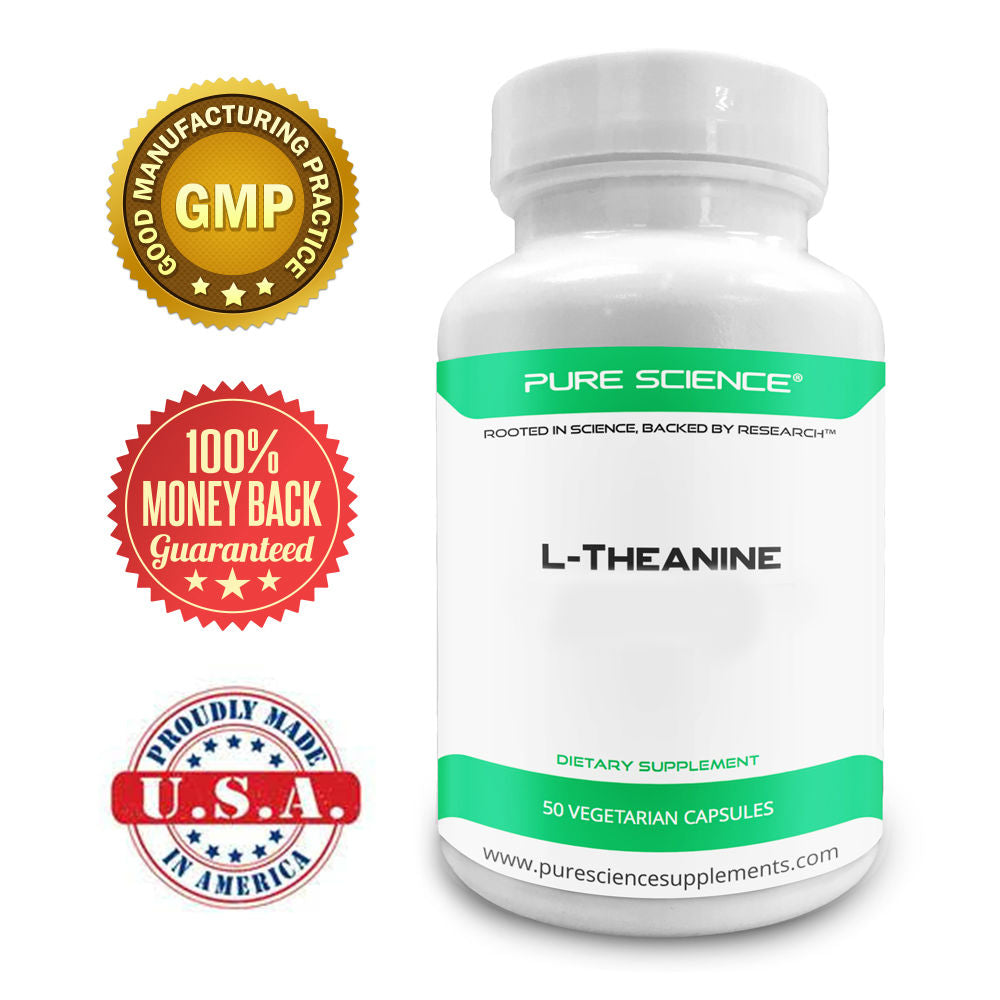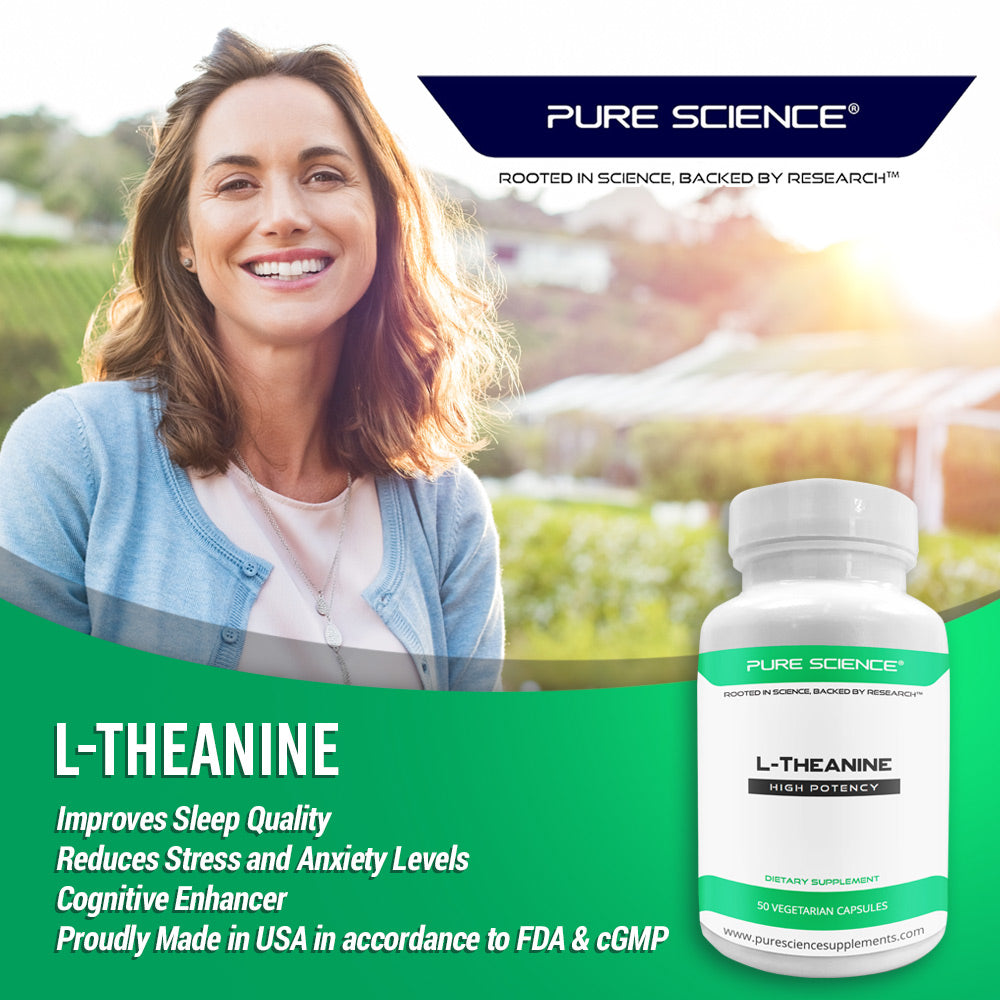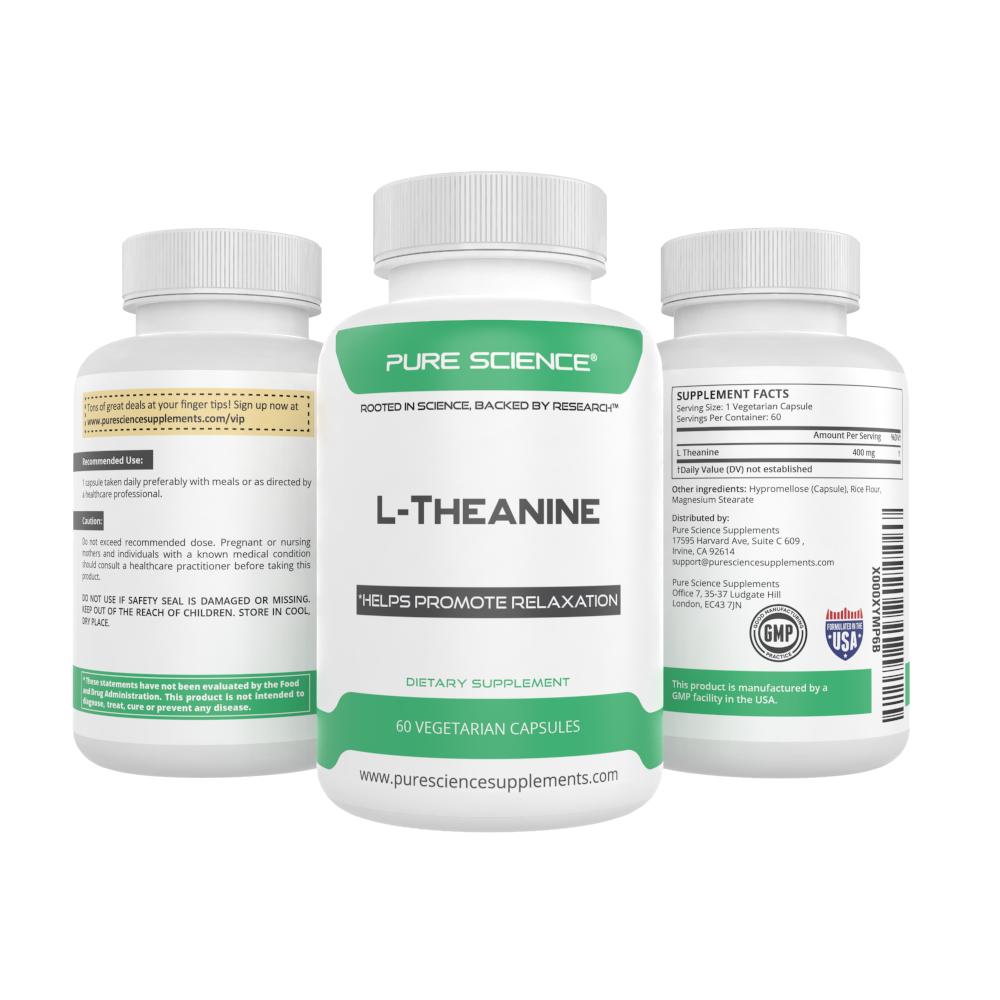Depression is a serious and pervasive mental health condition that can have a substantial impact on a person's day-to-day activities. Its defining characteristics include persistent melancholy, pessimism, and a lack of motivation or interest in activities. These emotional issues might coexist with physical symptoms like fatigue, appetite changes, and sleep difficulties. Depression can also manifest as suicidal thoughts, difficulty concentrating, and indecision. It is a mental health problem that can affect people of different ages, genders, and socioeconomic backgrounds. Anxiety is usually present in co-occurring forms. Depression is assumed to be caused by a combination of genetic, environmental, and psychological factors, while its exact cause is unknown.
History
Japanese researchers first identified L-theanine from green tea in 1949. It is one of the primary active components in green tea and is thought to help the beverage's calming and stress-relieving properties. L-theanine has been investigated for its possible health benefits in a number of areas, including mental health, in addition to its usage in conventional medicine.
How it works
L-theanine, an amino acid included in tea leaves, is thought to help green tea's calming and stress-relieving properties. It is believed to function by boosting the brain's production of alpha waves, which are connected to alertness and relaxation. Brain waves known as alpha waves often occur during wakeful relaxation or meditation and have a frequency of 8–12 Hz.
The levels of several neurotransmitters that are involved in mood regulation, such as serotonin and dopamine, may also be impacted by l-theanine. Low levels of serotonin have been associated with depression. Serotonin is a neurotransmitter that regulates mood, sleep, and hunger. Low levels of dopamine have been associated with depression and other mental health conditions. Dopamine is a neurotransmitter that is involved in motivation, pleasure, and movement.
L-theanine is assumed to function by preventing the absorption of the neurotransmitter glutamate and boosting the synthesis of the neurotransmitter GABA. Its exact mechanism of action is unknown. GABA is a neurotransmitter that promotes relaxation in the brain and is involved in the regulation of mood, sleep, and anxiety. Increasing GABA levels may help to reduce anxiety and improve mood.
Additionally, L-theanine may have anti-inflammatory properties, which could add to its potential advantages for mental health. Reducing inflammation may help with symptoms as it has been related to a number of mental health issues, including depression.
L-theanine may affect neurotransmitter levels in the brain in addition to having other possible health advantages. It has been demonstrated, for instance, to lower blood pressure, increase the immune system, and improve sleep quality. To completely comprehend these possible advantages and establish the most effective dosages, more research is necessary.
It is significant to highlight that research is ongoing, and the precise processes through which L-theanine functions are yet not entirely understood. To completely comprehend L-effects theanine's on the brain and its potential use in the treatment of mental health conditions like depression, more research is required.
Studies and result
The effects of L-theanine on depression have been the subject of numerous investigations. One small trial found that taking L-theanine supplements for eight weeks significantly reduced the symptoms of depression in those who participated. According to a different study, taking L-theanine along with an antidepressant improved the symptoms of depression more than taking the antidepressant alone.
L-theanine may have anxiolytic (anxiety-reducing) effects, according to other studies, which may be advantageous for those with anxiety and depression. In a tiny experiment, healthy adults who took L-theanine experienced lower levels of tension and anxiety than those who received a placebo.
To completely comprehend L-impact theanine's on depression and its potential as a treatment, additional research is necessary, it is crucial to emphasize. To confirm the potential advantages of L-theanine for treating depression, more study is required because the studies conducted so far have been limited and have not always produced reliable results.
It's also important to remember that L-theanine shouldn't be used in place of more conventional depression therapies like medicine and counseling. It's crucial to speak with a healthcare professional if you're showing signs of depression so that you can get the right diagnosis and care.
Recommended Dosage
The amount of L-theanine that should be taken depends on the product being used and the intended application. Generally speaking, it is advised to start with a small dose and subsequently increase as necessary. As with any supplement, it is crucial to consult a healthcare professional before using it to determine the right dosage and make sure you can use it safely.
Conclusion
L-theanine may be a viable natural medication for the management of this widespread mental health disease, while additional research is required to completely understand its impact on depression. Before beginning to use any supplement, including L-theanine, it is crucial to consult a healthcare professional to make sure it is safe and suitable for you.
Reference
- L-theanine for the treatment of depression. (n.d.). Retrieved from https://www.ncbi.nlm.nih.gov/pmc/articles/PMC3660405/
- L-Theanine. (n.d.). Retrieved from https://www.webmd.com/vitamins/ai/ingredientmono-1065/l-theanine
- L-Theanine: A Natural Alternative for the Treatment of Depression. (2018, January 29). Retrieved from https://www.psychologytoday.com/us/blog/the-science-success/201801/l-theanine-natural-alternative-the-treatment-depression


